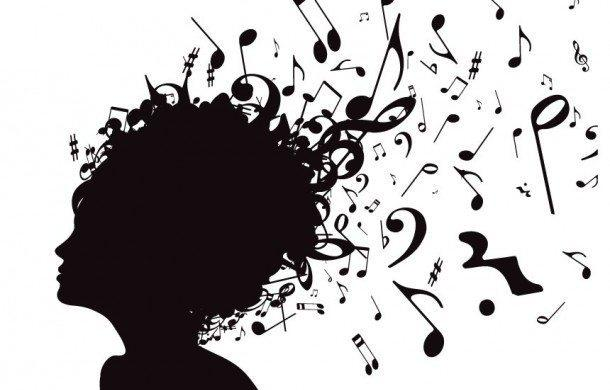Human Ability of Music Perception Lies in Sensitivity of Brain

Representational Image.
Sounds are pertinent for the animal kingdom for communication of any sort. In fact, signalling by making various sounds serves many purposes, whether it is signalling to another member about one’s need; making others cautious about a probable threat, or for sexual calls. But for humans, sounds go beyond mere signalling, they are also aesthetic. Sounds in the form of music are integral to every human society and inherent to aesthetics.
Scientists have always been intrigued about perception of music and the human brain. Plethora of researches has been done in this field. People have tried to find out whether there exists any specific area in the human brain that is responsible for music production and music perception. It has been found out how the complexity involved in music production is reflected in the brain’s activities. But the quest for finding out brain specificities for music perception does not seem to be ending soon.
In a recent report, scientists have explained how human brains are peculiar in perceiving music. They have found that human brains are more sensitive to pitch, the harmonic sounds that one hears when listening to music. They compared the human brain to the humans’ evolutionary relative, the macaque monkey. The study has been published in Nature.
The researchers played a series of harmonic sounds or tones to some healthy volunteers and macaque monkeys. Meanwhile, they were exposed to Functional Magnetic Resonance Imaging (FMRI) to monitor their brain activity while listening to those harmonic sounds. The researchers also monitored brain activities in response to sounds of toneless noises.
At preliminary glance, the brain scans seemed to appear similar. The auditory cortex of human and monkey brains were found to have similar hotspots regardless of whether sounds contained tones.But a closer observation of the scans revealed another story. They found that human brains are more sensitive to tonal patterns of music.
“We found that human and monkey brains had very similar responses to sounds in any given frequency range. It's when we added tonal structure to the sounds that some of these same regions of the human brain became more responsive. These results suggest the macaque monkey may experience music and other sounds differently. In contrast, the macaque's experience of the visual world is probably very similar to our own. It makes one wonder what kind of sounds our evolutionary ancestors experienced”, said Dr. Conway, the corresponding author of the study.
Further experiments supported the results. Little increase in the volume of the tonal sounds had very little effect on the tone sensitivity observed in the brains of two monkeys. Finally, similar results were obtained when sounds containing more natural harmonies for monkeys were applied. They did it by playing a recording of macaque monkeys.
Human brain was much more sensitive than the macaque monkeys in response to harmonic tones in music than noisy sounds. Macaque brains didn’t show any sharp variation in response to noisy or harmonic sound patterns.
Dr. Conway further says, “This finding suggests that speech and music may have fundamentally changed the way our brain processes pitch. It may also help explain why it has been so hard for scientists to train monkeys to perform auditory tasks that humans find relatively effortless."
Get the latest reports & analysis with people's perspective on Protests, movements & deep analytical videos, discussions of the current affairs in your Telegram app. Subscribe to NewsClick's Telegram channel & get Real-Time updates on stories, as they get published on our website.















